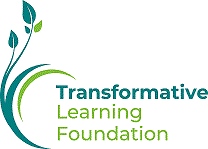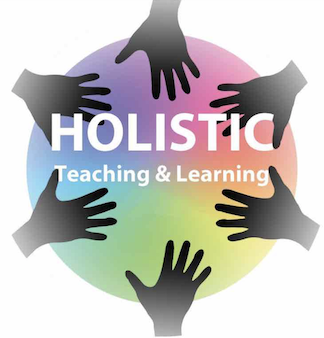Learning from the “Least of These:”
Haraway’s “Making Kin,” Filipino Indigenous “Kapwa,” and Other Holistic (and Subversive) Ways of Knowing
Keywords:
modernity, cultural logic, the Holy in Nature, mari-it , kapwa, making kin, tentacular thinking, new materialism, Philippines, Indigenous, survivanceAbstract
In this essay, I highlight cultural and communicative resources for survivance outside those in modernity, i.e., in the more-than-human agents in the natural world and in those cultures and traditions that have not (yet) severed their connection to that world. Invoking British mythologist Martin Shaw’s dictum that in times of cultural crises we should seek genius not in the center, but on the edge, I argue that if we look for lessons from past cultures (and civilizations) that have undergone collapse, all the more we must strive to learn from those cultures that have been able to sustain themselves and their ways of living for millennia sans the trappings of, and dependence on, our modern industrial “civilization.” In this essay, I explore Filipino Indigenous epistemologies as a way of recuperating forms of abjected knowledges and subjectivities (or ways of being) precluded in the totalizing discourse of modernity. Although Donna Haraway’s notions of “making kin,” “tentacular thinking,” and multispecies practices of “being and becoming-with,” along with new materialist understandings of object animacy and scientific discoveries affirming multispecies intelligences, are acknowledged as helpful references, the ultimate “seeing” will be grounded in the author’s own tutelage to ways of knowing resonant among still land-taught Indigenous communities in her home country, the Philippines. The notion of kapwa (shared being or the self-in-the-other) will be explored as a radically different way of “being-with” both human and more-than-human kin in hopes of opening the canon of what counts for knowledge and communication beyond the legacy of modern Enlightenment rationality.





